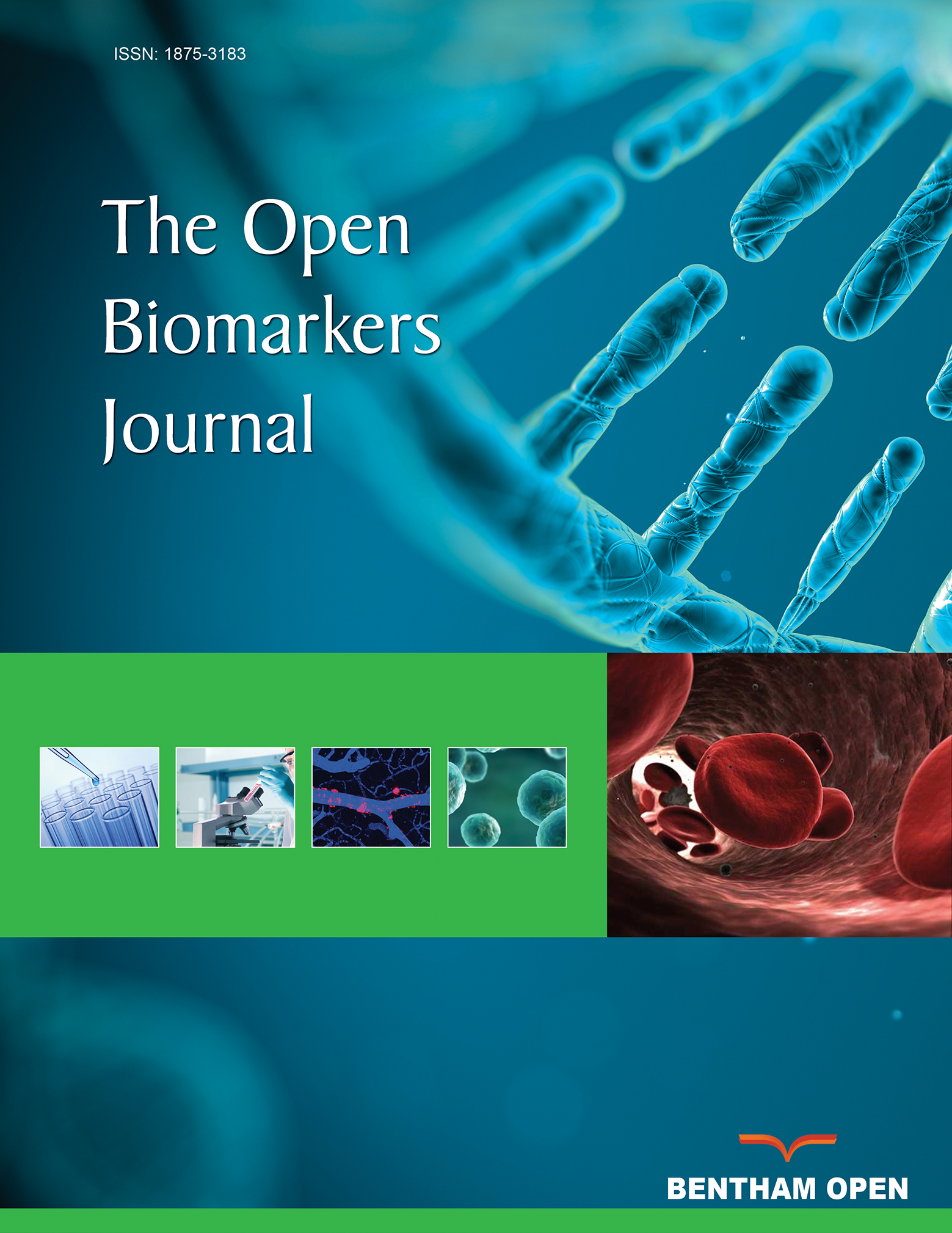All published articles of this journal are available on ScienceDirect.
Association Between Vitamin D Receptor Gene Polymorphisms and Helicobacter Pylori Infection
Abstract
Background & Aims:
Human genetic polymorphism has been reported in the susceptibility and clinical development of infection. In this regard, this study aimed to investigate the link between Vitamin D Receptor (VDR) gene polymorphism and H. pylori infection.
Materials and Methods:
This cross-sectional study was conducted on 224 adult patients with upper gastrointestinal symptoms who underwent an upper gastrointestinal endoscopy between July 2017 and May 2019 in two major university hospitals. All patients were evaluated for helicobacter pylori infection. Two gastric antral biopsy specimens were taken from each patient. One of those Biopsy specimens was evaluated for histopathology examination and the other one was immersed in a saline solution ready for genomic DNA extraction.
Results:
There were statistically significant differences between different genotypes of VDR rs7975232 polymorphism between H. pylori infected and non-infected groups (CC was higher in H. pylori negative and AC and AA were the most common in H. pylori positive group). There were statistical differences between different genotypes of VDR rs2228570 between H. pylori infected and non-infected groups (TT was higher in H. pylori negative and CT and CC were the most common in H. pylori positive group). Regarding VDR rs 7975232 gene polymorphisms; the (A) allele was significantly higher H. pylori infected, while (C) allele was significantly higher in uninfected patients. Regarding VDR rs 2228570 gene polymorphisms; the (C) allele was significantly higher H. pylori infected, while (T) allele was significantly higher in uninfected patients.
Conclusion:
There is a possible association between the FokI and Apal VDR polymorphism and H. pylori infection.


